10 Benefits of Quinoa
Quinoa is one of the most popular exotic “grains” of our time. Quinoa is native to the Andes Mountains in Bolivia, Chile, and Peru. In these regions, quinoa has been consumed for over 5,000 years.
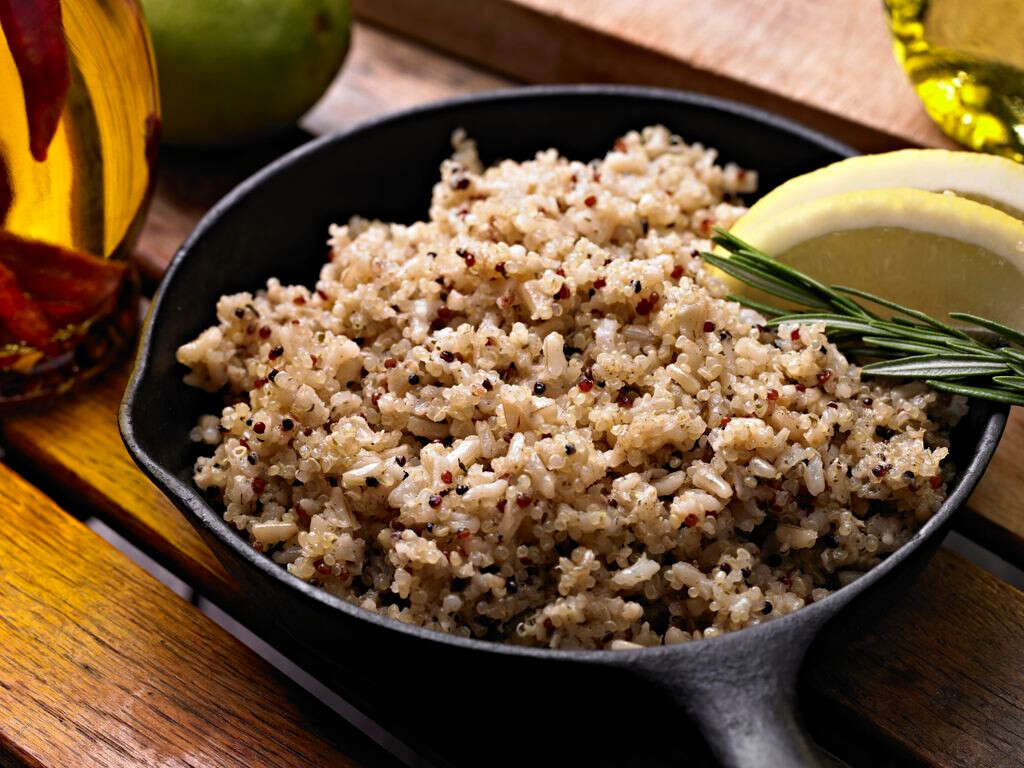
Quinoa Benefit #1: Protein
Although actually a seed rather than a grain, quinoa is a rare and special plant protein. While most plant products contain only some of the essential amino acids, quinoa is one of the only complete vegetarian proteins. One hundred grams of quinoa provide 14.1 grams of protein, making it a high-protein, gluten-free vegan treasure.
Depending on your health status, age, and activity level, protein needs can range from 0.8 grams to 2.0 grams per kilogram of body weight for very active athletes. The average American needs to eat 1.0 to 1.2 grams of protein per kilogram of body weight daily.
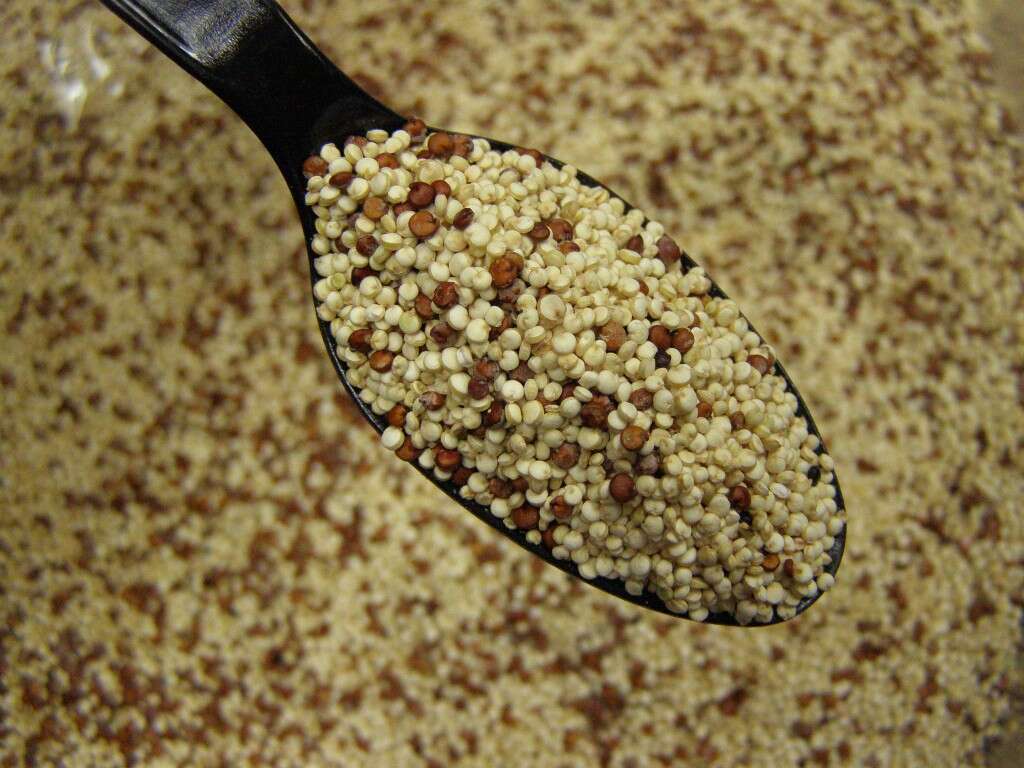
Quinoa Benefit #2: Gluten Free
Quinoa is naturally gluten-free. Gluten is a protein complex composed of glutenin and gliadin proteins. It can be found within the endosperm of grass-related grains, including wheat, barley, and rye.
Only a few years ago, access to gluten-free products was highly limited to select specialty health foods stores. Nowadays, it is hard not to see gluten-free items in regular supermarkets and even on restaurant menus.

Quinoa Benefit #3: Fiber
Grains are an important part of our diets. Therefore, making sure we get the most nutrition out of our grains is vital. Despite being a seed, quinoa is generally considered a whole grain.
A major benefit of eating whole grains is their relatively high fiber content. Fiber can help lower cholesterol levels, control blood glucose, and keep you feeling full long after eating. The soluble fiber content of quinoa makes it a powerhouse food for regulating hunger and bulking stool sizes for a healthier colon.
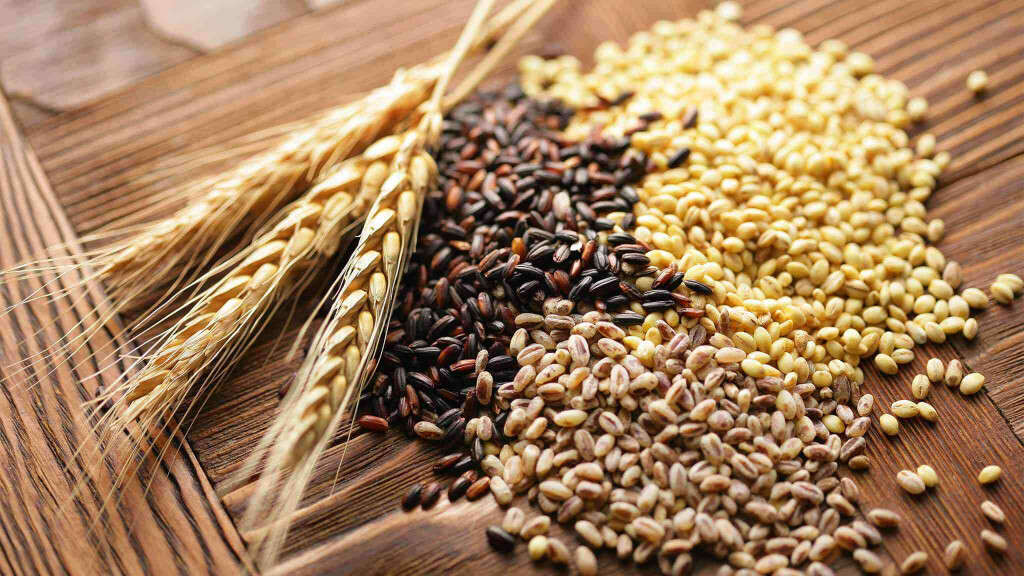
Quinoa Benefit #4: Magnesium
Magnesium works with other minerals to aid in red blood cell formation, nerve signaling, muscle health, and blood pressure control. One hundred grams of quinoa provide 197 mg of magnesium.
Quinoa’s high level of magnesium reduces muscle cramping and pain. Magnesium is also involved with muscular movement, allowing for the contraction and relaxation of muscles. The heart is the body’s most important muscle. The magnesium found in quinoa is responsible for its heart healthy status. Using magnesium, our bodies are able to maintain a regular heartbeat at all times.

Quinoa Benefit #5: Strengthened Immune System
Two flavonoids found in quinoa are quercetin and kaempferol. In fact, the quercetin content of quinoa is even higher than that found in typical high-quercetin foods like cranberries.
Many diseases today are caused by the overgrowth of bad bacteria, fungi, viruses, and parasites in the body. Quercetin and kaempferol strengthen the immune system against these conditions. They also have been shown to have anti-inflammatory, antiviral, anticancer, and antidepressant effects.

Quinoa Benefit #6: Anemia
Anemia is one of the most common health conditions, with more than three million Americans affected. It occurs when there is a decreased amount of red blood cells circulating in the body. Symptoms of anemia include fatigue, headache, and pale skin.
There are many different types of anemia. Iron-deficiency anemia is the most common form. Fortunately, quinoa is a great vegan source of iron. One hundred grams of quinoa provide 4.6 mg of iron.
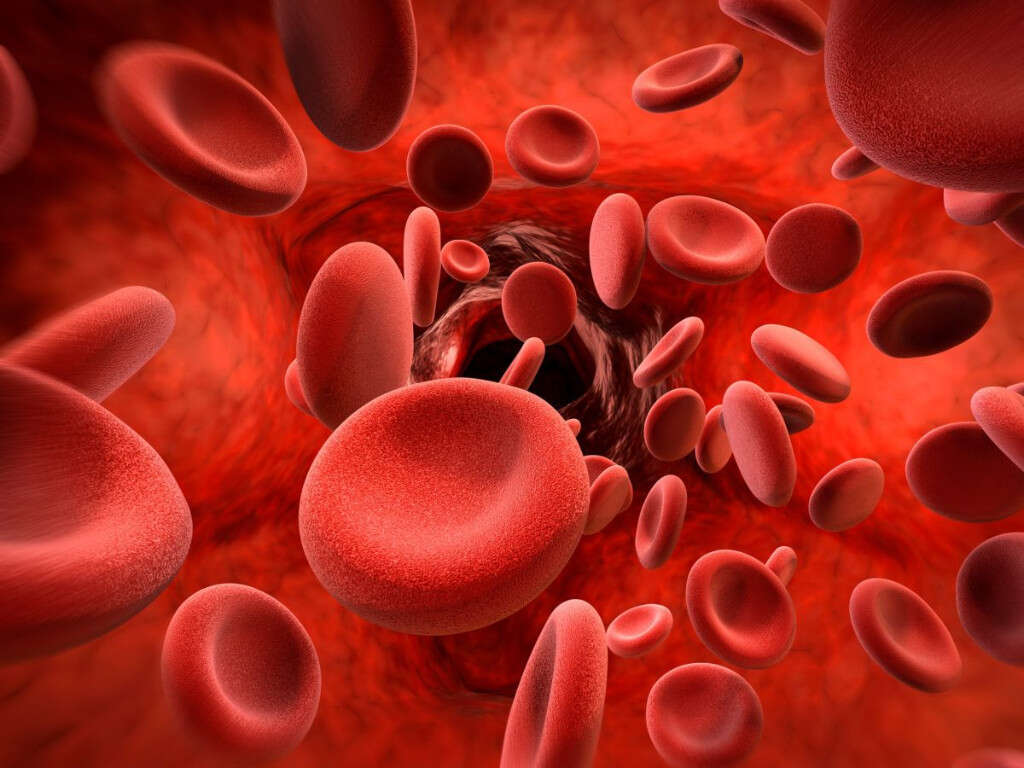
Quinoa Benefit #7: Antioxidants
Antioxidants are essential for fighting against cancer-causing agents called free radicals. Polyphenols contribute to the antioxidant activity of quinoa. There is evidence that polyphenols aid in disease prevention by fighting free radicals and oxidative damage.
Quinoa also contains anthocyanidins, which are antioxidants that can help reduce oxidative cell damage. Anthocyanidins inhibit the production of inflammatory signaling molecules, providing impressive antioxidant and anti-inflammatory effects.
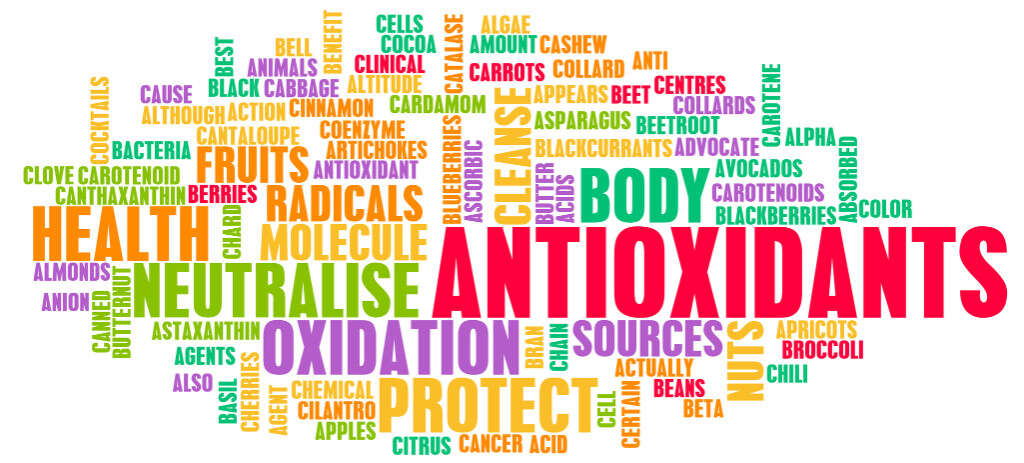
Quinoa Benefit #8: Bone Health
Potassium is particularly beneficial to bone health. One hundred grams of quinoa contains 563 mg of potassium. Potassium helps to protect bone deposition by neutralizing bone-depleting metabolic acids that can lead to osteoporosis.
Additionally, quinoa is high in magnesium, which works synergistically to replace old bone with new bone. When used in conjunction with calcium, the risks of developing osteoporosis decrease greatly. One contributing factor is that calcium and potassium work together to protect against bone demineralization.

Quinoa Benefit #9: Blood Pressure Regulator
The potassium found in quinoa acts as a vasodilator. In other words, potassium prevents veins and arteries from tightening, thus reducing blood pressure and stress on the heart. One hundred grams of quinoa provides 563 mg of potassium.
In addition to potassium, quinoa is high in B vitamins. These nutrients work together to lower blood pressure and cholesterol levels. Quinoa is also rich in folate, which decreases the risk of heart-related issues. Folate also plays an important role in relaxing the blood vessels, thereby improving blood flow.

Quinoa Benefit #10: Heart Health
One great benefit associated with quinoa is heart health. When measuring the risk for heart disease, medical professionals look at cholesterol and triglyceride levels. Having high HDL cholesterol and low triglycerides results in a lower risk for heart disease.
Although cholesterol and triglyceride levels are influenced by lifestyle habits, diet, exercise, weight, and inflammation, quinoa consumption has been shown to protect the heart and regulate these disease markers. Studies have found that the flavonoids in quinoa help decrease LDL, the cholesterol linked with heart disease.












